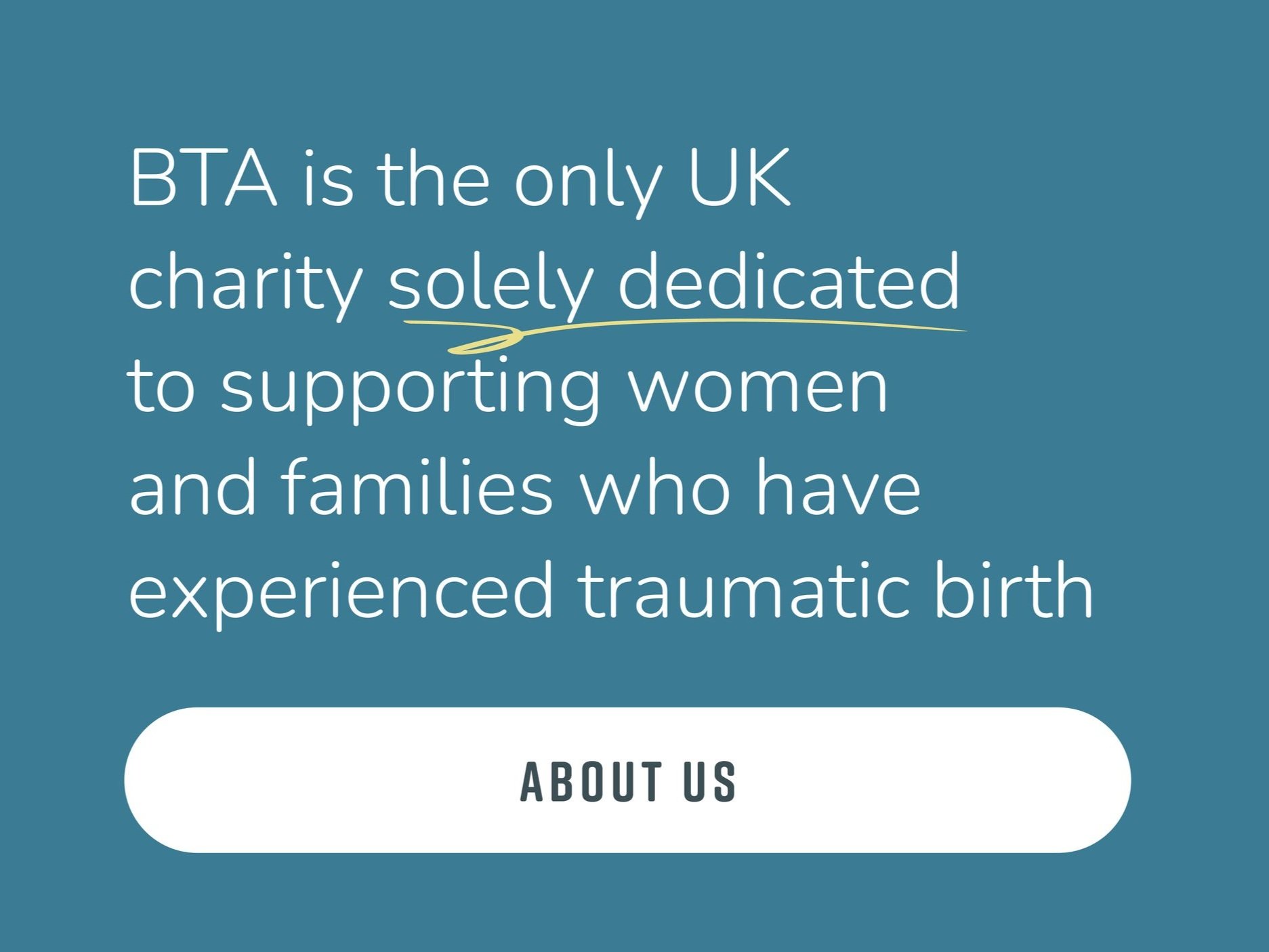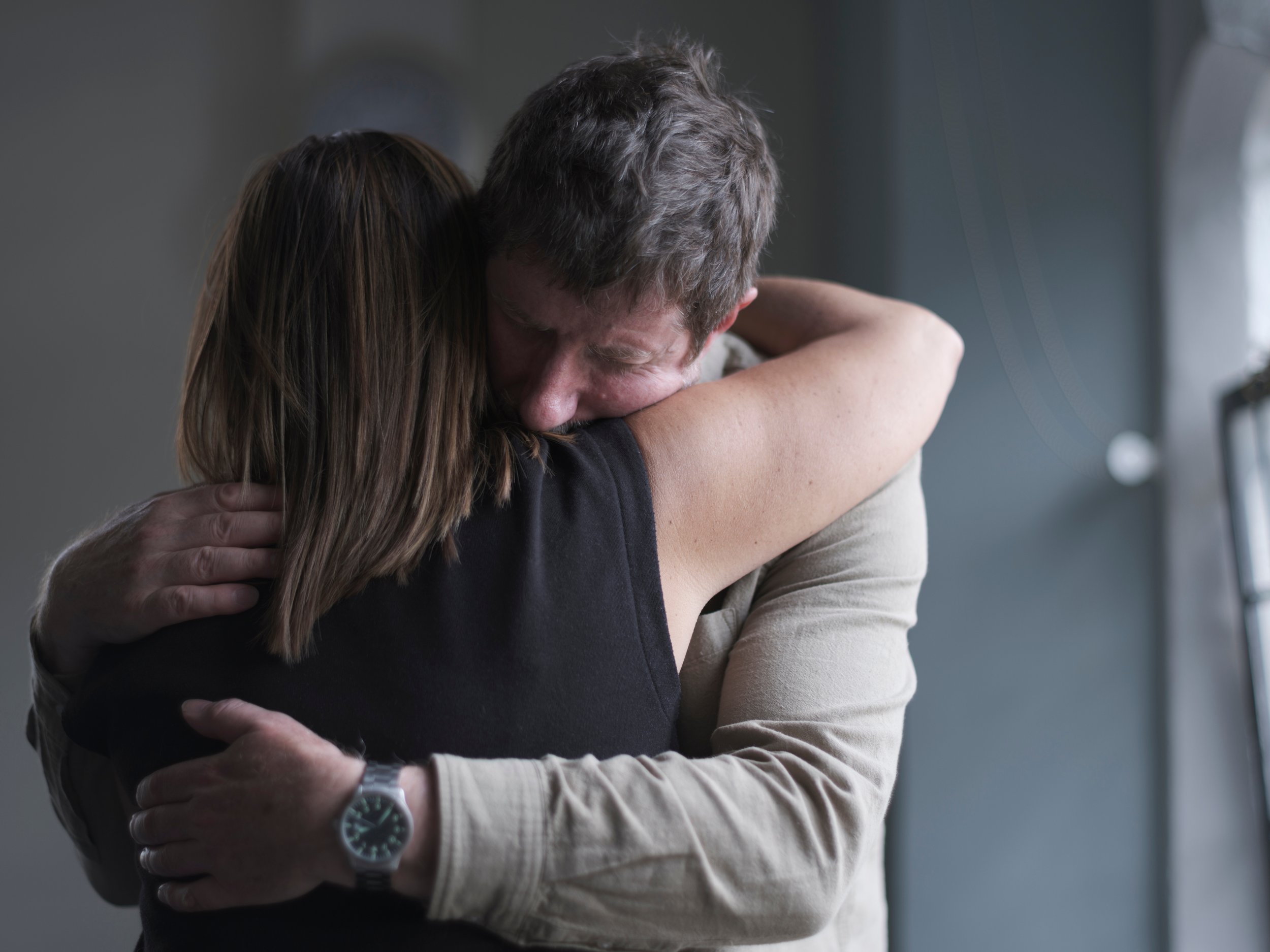Birth can be challenging for those with neurodivergence – so what can we do to help?
About one in five people have a neurodivergent presentation presentation such as autism or ADHD, which means they may find pregnancy and birth particularly stressful. Victoria White, doula and founder of @neurodivergentbirth, explores how to support them to have a better birth
Neurodiversity is a term used to describe the fact that we all differ in the way our brain works, how we express emotion, how we pay attention and how we learn. Typically, when we use the term “neurodivergent,” we are referring to those who have neurotypes such as autism, ADHD, dyslexia, dyspraxia, dyscalculia and Tourette’s. About 15-20% of people have at least one neurodivergent presentation, and a high proportion of those have more than one.
Many, but not all, neurodivergent people experience particular challenges when it comes to sensory processing. They may be hypersensitive to external stimulus, finding it difficult to cope with bright lights, for example, or loud noises. Conversely, they may be hyponsensitive to some stimuli, and may anticipate and register pain differently. They may also have difficulties relating to communication, executive functioning and mental health. These can present challenges during pregnancy, birth and the postnatal period.
It's not surprising, then, to learn that a 2020 study reported that 60% of women with autism experienced postnatal depression, compared to the average rate of 12%. Similarly, a 2023 study showed an independent association between ADHD and depression and anxiety disorders postpartum.
Maternity professionals will need to show sensitivity and understanding towards the particular requirements of anyone with neurodivergence. For example:
· Sensory experiences in the perinatal period can be intense and overwhelming. These can include challenges in navigating bodily changes, coping with the sensations of birth, tolerating the bright lights and loud noises of medical settings, undergoing tests, scans and procedures, and all the sensory demands of life with a newborn.
· Communication can also be difficult. Someone with autism, for example, may find it hard to interpret non-verbal communication, while some neurodivergent people experience delayed auditory processing, which can impact the way that language is processed. So they may not fully take in what a health professional is saying, and feel intensely anxious about how to respond.
· Executive functioning difficulties may make it harder to attend appointments, manage the postnatal recovery time and cope with the demands of a newborn without support.
Anxiety during the perinatal period
In trying to cope with a world tailored to people who are neurotypical, many neurodivergent people experience anxiety, particularly during the perinatal period where they may feel a lack of control over their situation. To help manage feelings of anxiety, people often exhibit repetitive behaviours such as stimming (self-stimulatory behaviours). They may find routines helpful because they are predictable and help people to feel in control.
Rigid and inflexible thinking – a trait of autism and ADHD – about what is going to happen during pregnancy, what labour will be like, and what life with a newborn will be like, can lead to distress if things turn out differently.
If they are not supported effectively, those who are neurodivergent with neurodivergent conditions may be more susceptible to being traumatised by birth. A 2021 study concluded that “autistic women experience unique challenges during childbirth that may contribute to the perception of traumatic birth.” Participants often felt belittled, ignored, and uninformed about the care they received, and they found being at the centre of attention as something negative and hindering, rather than positive. They reported that their concerns were minimised, and they were left out of critical communication and education.
So how can we better support neurodivergent people to reduce the likelihood of becoming traumatised? We know that all childbirth has an element of uncertainty, and we need to be able to help themsupport neurodivergent people to become comfortable with that where possible.
Minimise sensory stressors
Neurodivergent people need to be supported as individuals in a compassionate manner, free of assumptions and judgement. It’s possible to minimise the sensory stressors within an environment such as bright lighting and loud noises, and to provide tools for sensory regulation, such as birth balls for movement, fidgets, weighted blankets and familiar clothing. . [What kind of tools?] Professionals can support communication needs by providing information in multiple formats, by offering to summarise what was discussed in appointments, and by breaking information down into manageable pieces. An appointment reminder service can help people who have particular difficulties with executive functioning. Compassionate listening skills are key.
Continuity of care from pregnancy to the postnatal period can help a lot because it allows the development of a trusting relationship. This is where birth professionals such as doulas play a vital role – they can get to know a neurodivergent person’s support needs and help them to plan for the birth, including how to manage cognitive and sensory input.
While doulas are not qualified to diagnose people with neurodivergent conditions, we can ask everyone we care for about their support needs, exploring whether they have sensory issues that need support, how they wish to be communicated with, their executive functioning strengths and weaknesses, and their mental health. If someone discloses he theirr neurodivergence, this can be recorded on maternity notes with their permission. With the right support and understanding, it’s possible for someone with a neurodivergent conditionneurodivergent people to have a positive experience of pregnancy and birth and to enjoy the postnatal period with their newborn.
If you would like to find out more about Victoria’s work at ND Birth, please visit
www.ndbirth.com and search for ‘The Neurodivergent Birth Podcast’.







